The property management system (PMS) is the most important part of a lodging business’s technology stack – no matter the property type or size. A PMS is used on a daily basis across teams to streamline operations and manage data. But are lodging businesses starting to outgrow the PMS?
The Original PMS Has Been Slow to Evolve
The hotel PMS was initially designed to include core functionality for managing workflows for front and back-office operations. Processes were simpler in the early years of PMS development, and most reservations were booked through travel agents or phone calls.
Since its inception in the 1970s, the PMS has been slow to evolve, and legacy PMS users can attest to the challenges of using these dated systems, which often include:
- Clunky, inflexible technology
- Lack of functionality
- Slow and infrequent system updates
- Complicated interface to learn and navigate
In today’s digitally-focused world, lodging businesses need a more robust and multi-faceted system that can support and seamlessly connect with a hotel’s website booking engine, listings on online travel agencies (OTAs), payment gateways, integrations with other necessary and desired tools, and more. Lodging businesses must have the right technology in place to remain competitive in our increasingly digital world.
Keeping up With New Traveler Expectations
Hoteliers have been forced to invest in additional software solutions on top of their PMS to ensure their business remains competitive. In today’s market, traveler expectations have evolved to include:
- Mobile-compatible transactions – 53% of global hotel website traffic is now mobile!
- Guest messaging solutions for real-time communication between staff and travelers
- Digital check-in and keyless entry to streamline the arrival process
These expectations have put more pressure on hoteliers to invest in technology to reach travelers online and deliver exceptional experiences on arrival. Fortunately, many solutions are geared specifically toward the hospitality industry to help deliver on these expectations and beyond. And here is where having the right kind of PMS becomes critical.
Lack of Compatibility Across Platforms
So, what’s the challenge with juggling multiple platforms?
Since many technology solutions like guest messaging and channel managers were developed independently of a hotel’s PMS, compatibility and integration functionality are often challenging. Without a seamless flow of information, it can be difficult to manage data and effectively streamline operations (which is the main benefit of technology!). Incompatible systems often lead to data fragmentation, duplicate guest profiles, and missing information. Staff must spend more time manually inputting or checking data which can result in extended wait times for guests.
Legacy PMS that lack innovation and integration opportunities are the sources of these challenges. To recap, lodging businesses with a dated PMS are unable to:
- Easily integrate technology (it’s either too costly or time-prohibitive)
- Transfer information between systems
- Run reports to get a holistic view of their business
How Can You Optimize Your Tech Stack?
One of the biggest challenges hoteliers face is figuring out how to optimize their different technology solutions. Often, hoteliers are forced to create a ‘Frankenstein-esque’ tech stack composed of a complex patchwork of systems, integrations, and vendors. While piecing together, disparate systems can work for lodging businesses, these fragmented systems are complicated for staff to learn and can be tedious and time-consuming to manage.
Lodging businesses need to break free from the original PMS concept and realize that legacy systems no longer bring the value they once did. Dave Berkus, the mastermind behind the PMS used by Mariott, told HotelTechReport that he envisions
“a single, cloud-based system integrating everything from CRM to reservations to the accounting functions at the properties, all the way through all forms of marketing and follow-through.”
The modern PMS that he describes is not only revolutionizing the industry, but it’s also available for properties of all types and sizes.
Shift to Modern-cloud-based PMS
Thankfully the modern, web-based PMS system provides agility, simplicity, and efficiency to lodging businesses worldwide. While migrating from legacy PMs to a new cloud PMS can be a big undertaking initially, the benefits far outweigh the costs. By migrating to the cloud, hoteliers can expect:
- Consistent, fast, and frequent software updates
- Open-source APIs to make integrations easy and cost-effective
- Fast and efficient employee training (some providers even offer on-demand courses to speed up training times even further)
- Reliable service and support (typically available 24/7 through multiple channels)
Goodbye, Original PMS. Hello, Hospitality Platform
Lodging businesses have outgrown the original PMS concept with siloed software and disconnected tools. They are moving towards a more holistic “hospitality platform” built to support many functions. Modern software solutions today place a special focus on:
- Automation – to reduce the manual work required by your team so you can spend more time with guests.
- Usability – to help your staff get up and running quickly.
- Data Intelligence – to aid management in making well-informed, data-driven decisions to help grow the business.
- Integrations – to support all the tools and features you need to run your business flexibly and meet changing guest expectations.
- Democratization – to ensure that the platform will be adaptable and useful to properties of all types and sizes.
It’s time to reevaluate your current tech stack to see how you can set up your property for success today and into the future.
Free OTA Guide: A Hotelier’s Guide to Top Distribution
Whether you like them or not, online travel agencies (OTAs) are essential to any hotel distribution strategy. Adopting the right OTAs as part of your distribution strategy can also help drive direct bookings through the “billboard effect” if done correctly.
Creating a comprehensive channel mix that includes various OTAs will ensure you reach your target audience and secure a steady stream of reservations.
Click here to download “The Ultimate Guide to OTAs”.
More Tips to Grow Your Business
Revfine.com is the leading knowledge platform for the hospitality and travel industry. Professionals use our insights, strategies, and actionable tips to get inspired, optimize revenue, innovate processes, and improve customer experience.Explore expert advice on management, marketing, revenue management, operations, software, and technology in our dedicated Hotel, Hospitality, and Travel & Tourism categories.

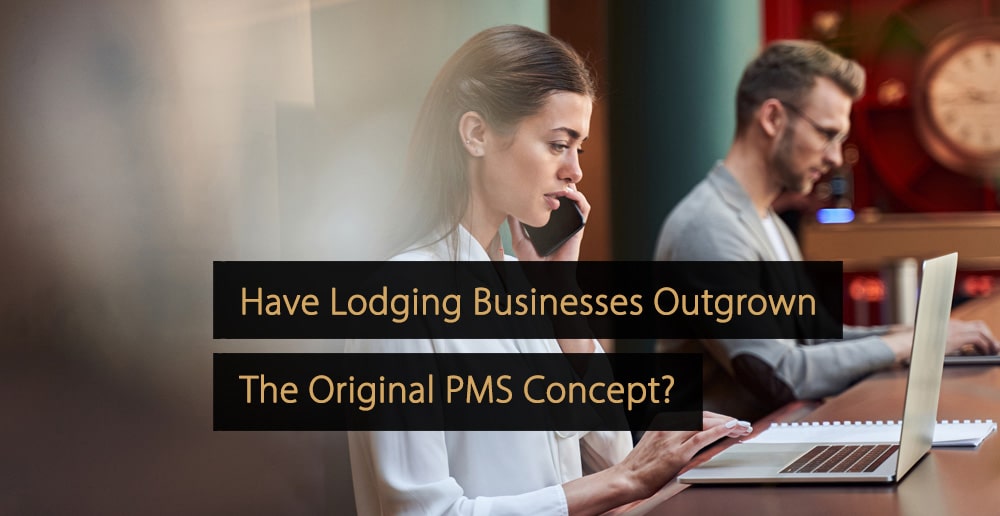
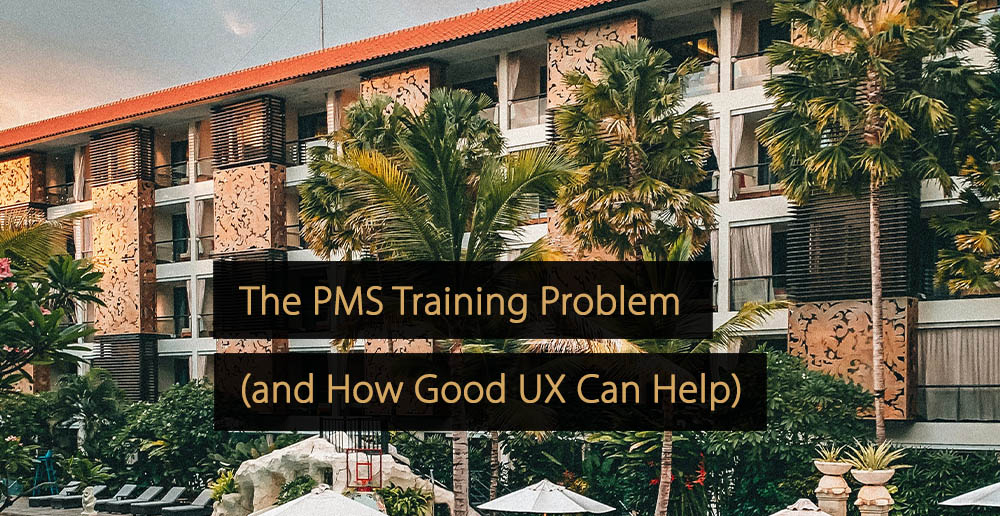
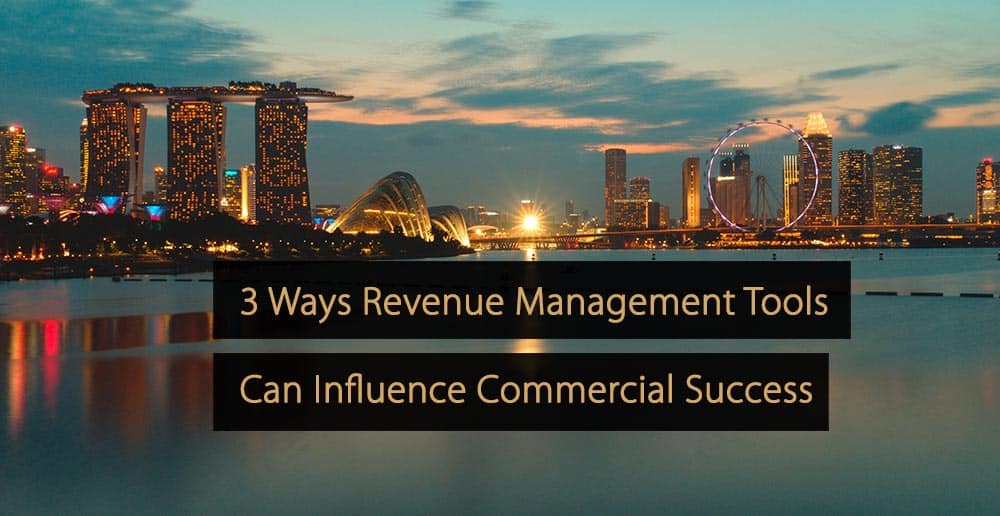
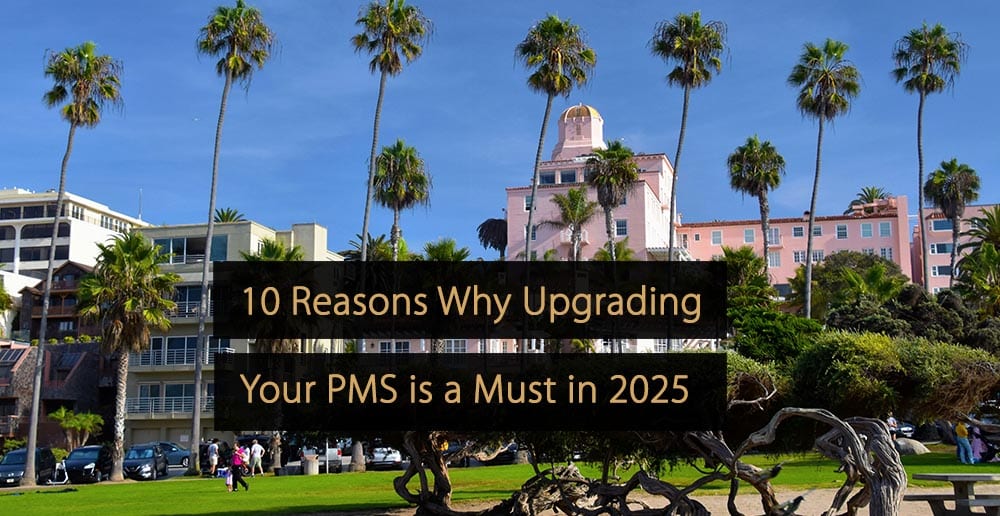
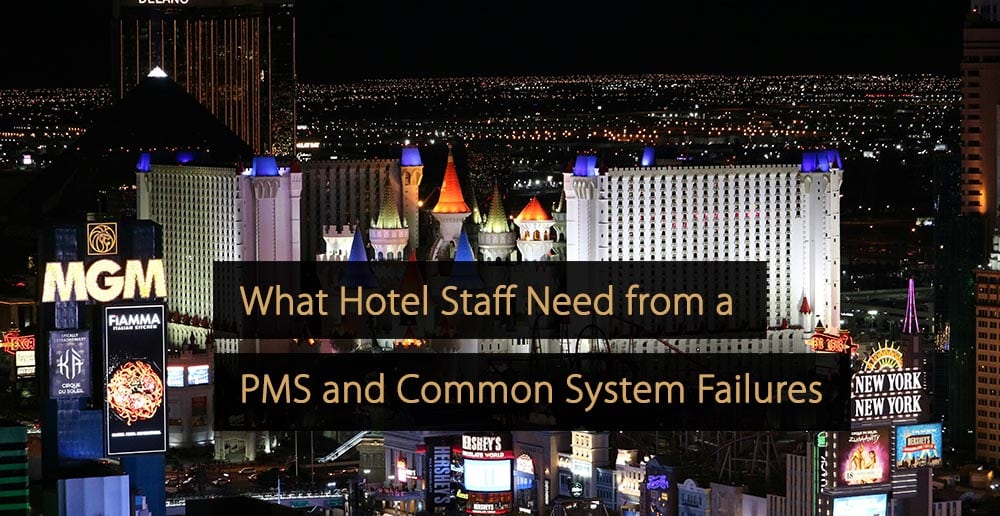
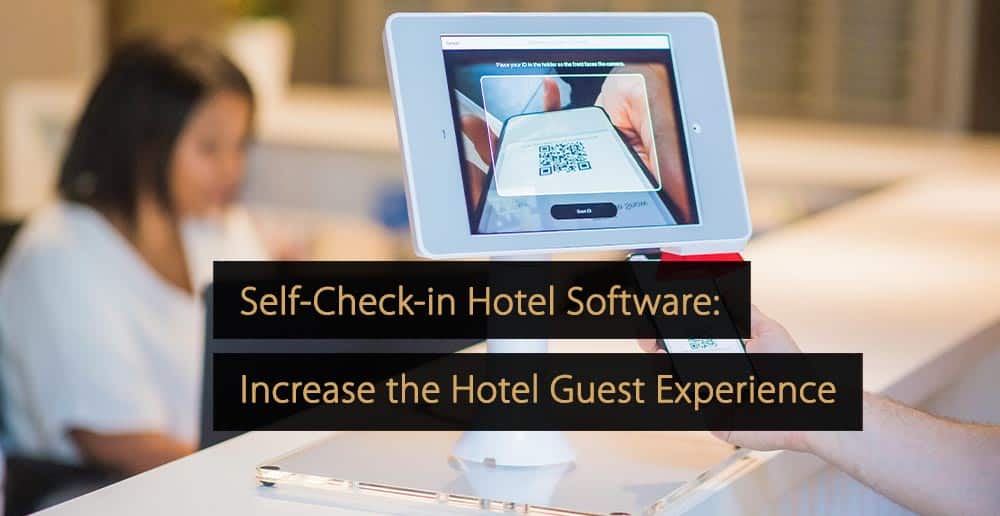
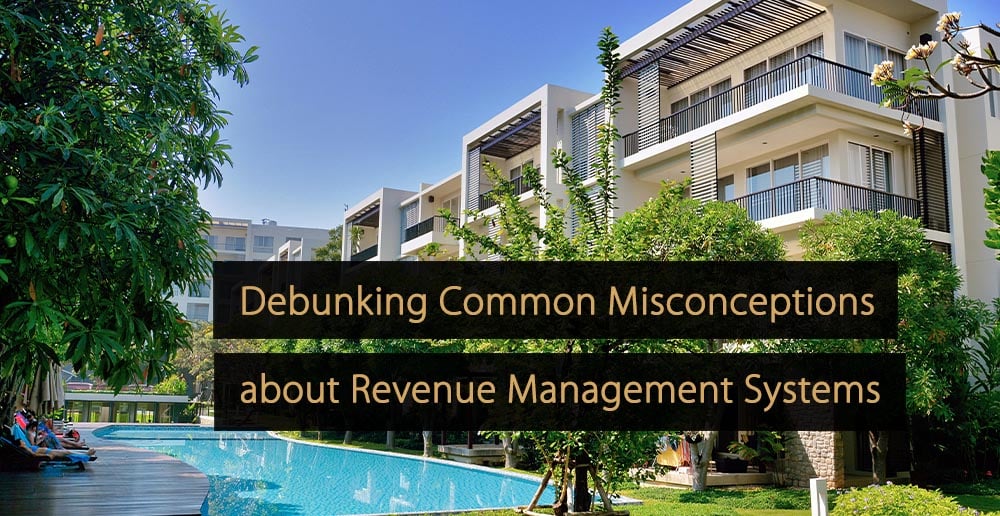
Leave A Comment